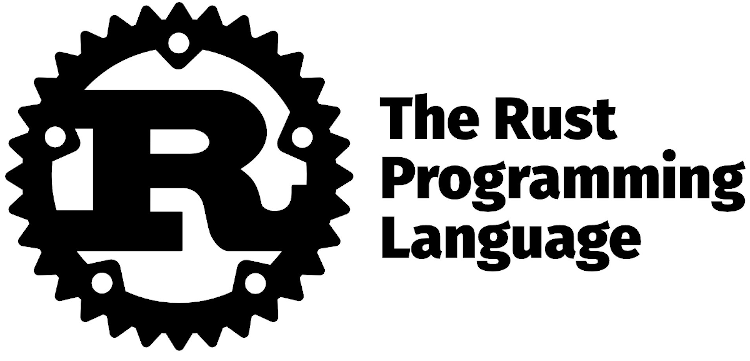Programmazione asincrona in Rust
In questo articolo vediamo due esempi di programmazione asincrona in Rust.
In entrambi i casi useremo tokio!
Possiamo aggiungerla al Cargo.toml:
[dependencies]
tokio = { version = "1", features = ["full"] }
Un primo esempio è molto basico:
use std::time::Duration;
use tokio::time::sleep;
#[tokio::main]
async fn main() {
println!("Inizio!");
sleep(Duration::from_secs(5)).await;
println!("Fine dopo i 5 secondi!");
}
Come vedete non facciamo altro che stampare due stringhe, aspettando 5 secondi tra un e l'altra.
Per un esempio più concreto creeremo un classico contatore, ma useremo anche Future:
use std::future::Future;
use std::pin::Pin;
use std::task::{Context, Poll};
struct ContatoreFuture {
cnt: u32,
cnt_finale: u32,
}
impl ContatoreFuture {
pub fn new(valore_finale: u32) -> Self {
Self {
cnt: 0,
cnt_finale: valore_finale,
}
}
}
impl Future for ContatoreFuture {
type Output = u32;
fn poll(mut self: Pin<&mut Self>, cx: &mut Context<'_>) -> Poll<u32> {
self.cnt += 1;
println!("Cnt: {}", self.cnt);
if self.cnt >= self.cnt_finale {
println!("Fine!");
return Poll::Ready(self.cnt_finale);
}
cx.waker().wake_by_ref();
Poll::Pending
}
}
#[tokio::main]
async fn main() {
let contatore = ContatoreFuture::new(1000);
let valore_finale = contatore.await;
println!("Valore finale: {}", valore_finale);
}
Prime di arrivare alla fine dell'esecuzione, verranno stampati in numeri; poi la fine del conteggio, e poi la fine dell'esecuzione (il valore finale).
Enjoy!
rust cargo future tokio async


Commentami!